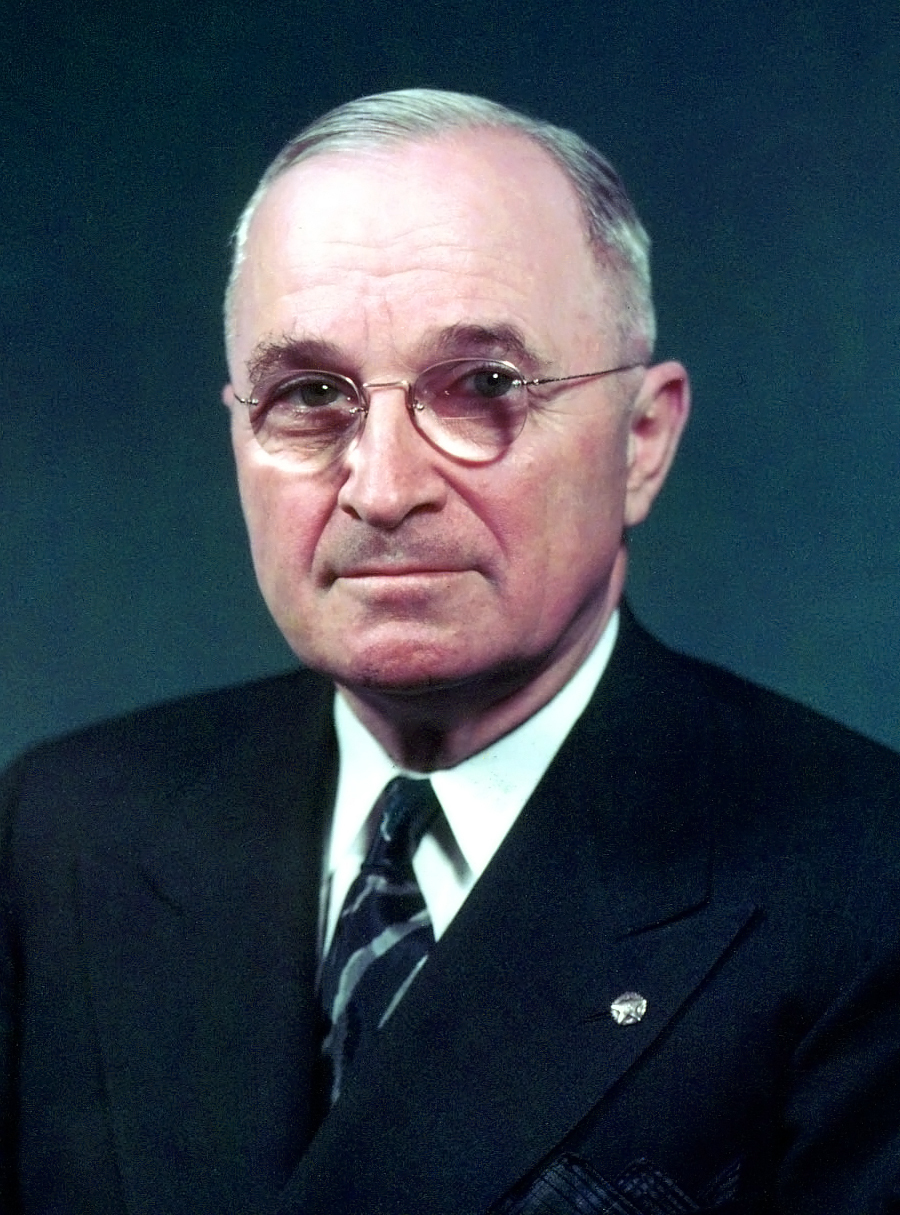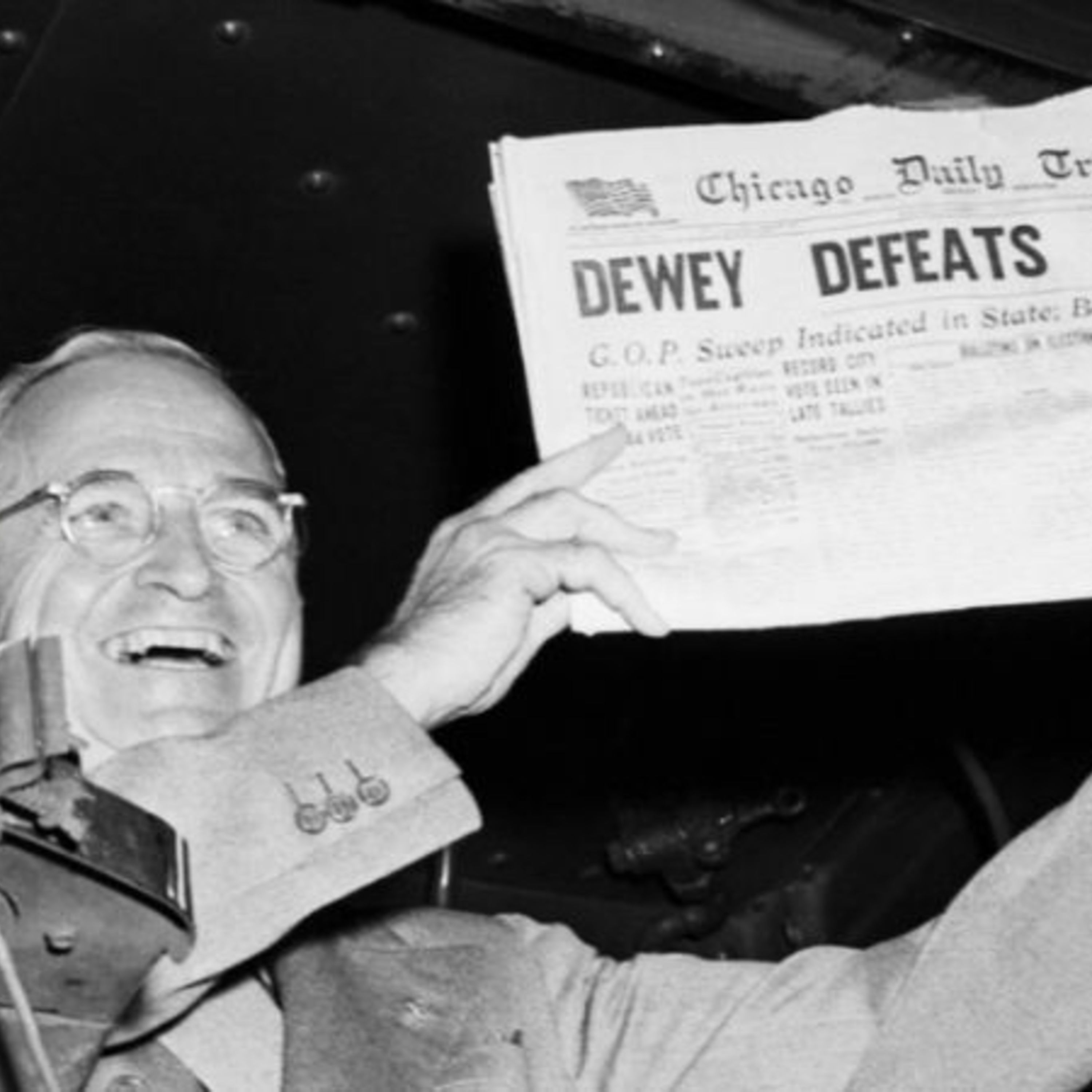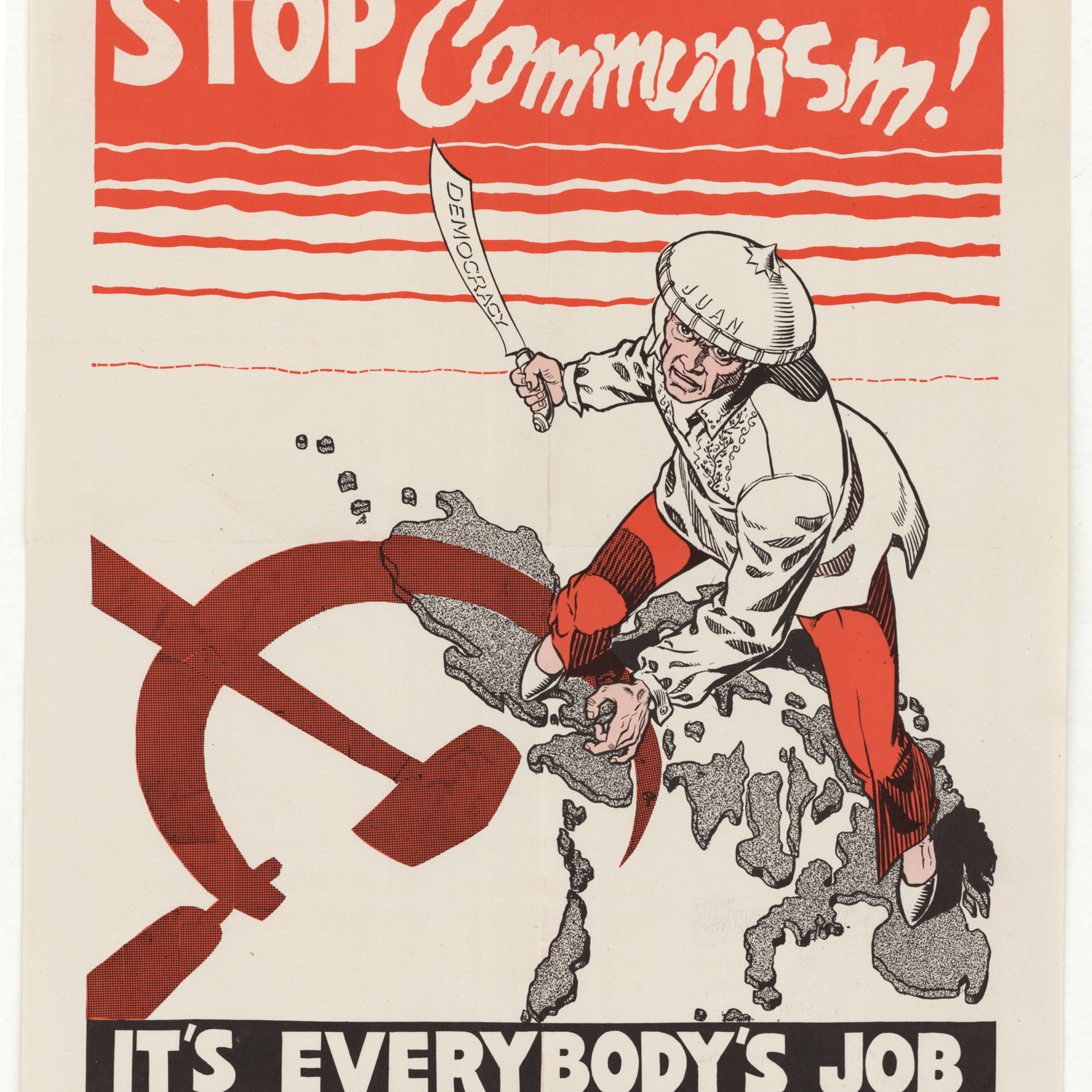Harry Truman: A Foundation for Action
Taking over the presidency from FDR on April 12th, 1945, the wide-eyed Truman was launched into crisis and immense responsibility. WW2 was coming to an end, the shadow of the Soviet Union was looming large, and Truman was given the reins to the most destructive weapon man had ever created: the hydrogen bomb.
Under Truman, so much immediate action occurred. The U.S. dropped two atomic bombs, fully entered the Cold War with the Soviet Union, started and fought the majority of the Korean War, and became a global superpower, all while increasing its economic reach globally. Since so much physical change with the U.S. abroad occurred under Truman, many fall prey to ignoring the longstanding sentiments and ideals that Truman had established during his presidency.
In the infancy of the Cold War, Truman and his team developed the influential idea of Domino Theory and Containment, two intertwined ideas that would go on to advise future presidents in global affairs for the remainder of the century, including and especially with regards to dealings in Vietnam. Domino Theory was the basic idea that “the ‘fall’ of a noncommunist state to communism would precipitate the fall of noncommunist governments in neighboring states” (Britannica). Containment sought to stop this domino effect by containing the spread of communism in the first place, meaning that the U.S. would militarily and economically support states teetering on the edge of communism (Office of the Historian, “Keenan and Containment 1947”). Later presidents, specifically Kennedy and Johnson, would go onto use the precedent established by Truman with Containment and Domino Theory to advance escalation of hostilities in Vietnam. So while Truman may not have directly made decisions regarding Vietnam specifically, his presidency would go on to have wide-sweeping effects well after his seven-year presidency.
Truman’s role in the U.S’s escalation and eventual defeat in Vietnam is all too often never mentioned; however, his advancements into the abstracts of foreign policy would directly influence his succesors’ hasty decisions, giving heed and legitimacy to eventual disastrous decisions in Vietnam.
Digital Media/Primary Sources
Below are a couple interesting speeches given by President Truman foreshadowing logic used by subsequent presidents to rationalize U.S. action regarding the situation in Vietnam. The first link is a video of Truman explaining his thoughts on the situation in Asia and the growing influence of communism in the region; the second link is Truman's cardinal speech presenting the Truman Doctrine, which helped solidify the idea of containment. (Extremely relevant section of speech: 11:45-~15:30)
Truman Discussing China, Korea, and Defedning Asia from Communism



